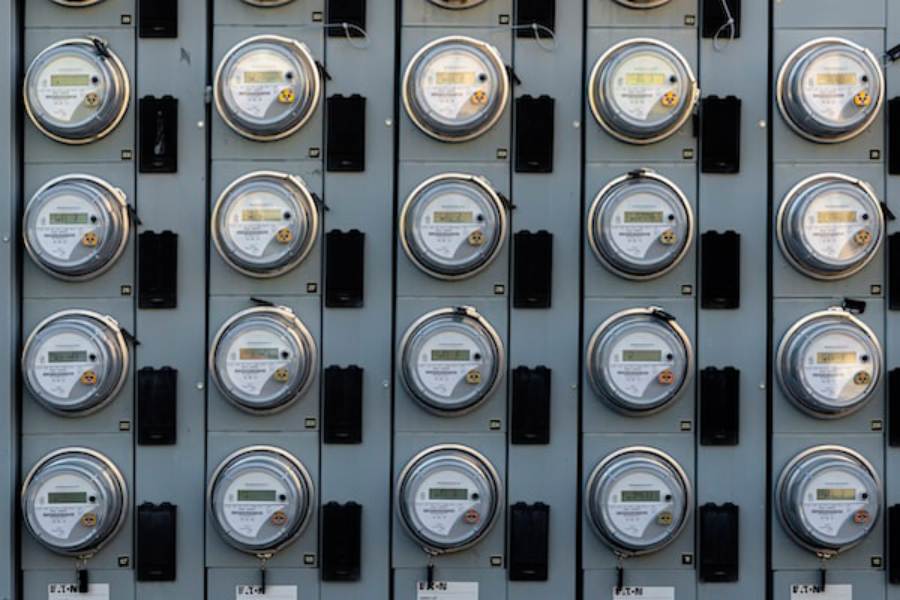Last Updated on 2 years ago by Nicky Johnson
Are you looking to switch electricity providers for your home? With so many different providers, it can be difficult to know where to start. But don’t worry, we’re here to help. In this article, we’ll provide you with the knowledge you need to choose the best electricity provider for your home. Keep reading to find out more.
Comparing Utility Providers

The iSelect electricity comparison site is an online service that helps users compare and select the best electricity provider for their home or business. It compares various providers across different states, regions, and plans to ensure customers get the best deal possible.
Customers can use this tool to compare cost savings on residential electricity in their area as well as access tailored advice from experts on how to save money by switching providers. The comparison engine factors in important elements such as price per kWh, length of the contract, payment plan options, customer reviews, and extra features like green energy offerings and discounts.
This makes it easier for customers to find the right plan that fits their budget and meets their needs without having to spend time researching multiple providers individually.
ISelect also provides a range of helpful resources such as guides on understanding your bill and tips for saving energy at home which could help further reduce costs in the long run.
With its easy-to-use interface backed up by expert advice from knowledgeable advisors, iSelect’s comparison service is a great choice for those looking for reliable guidance when selecting an electricity provider.
Assessing Your Home Energy Needs
Knowing how much power you need, as well as which type of electricity provider would most benefit you, can save time and money when searching for the right one. To assess your requirements, start by gathering information about the size of your home and its age.
Older homes tend to have higher energy needs due to inefficient insulation or outdated appliances and fixtures. Additionally, consider any upgrades that may be planned such as adding a new air conditioner or replacing windows with more efficient models – these will require additional power from an outside source.
Next, look at current bills from previous months or years to get an idea of exactly what kind of power consumption is needed in the household. This should include both peak-time usage (usually during evenings) and average consumption throughout the day if possible so that more accurate estimates can be made on expected costs over several months’ worth of service with a specific supplier’s rate plan.
If this isn’t available then try estimating based on typical activities such as running laundry machines or operating computers, TVs, and other electronics regularly.
This should give a good idea of where baseline production levels might lie relative to other households within similar circumstances nearby who are already receiving service elsewhere (and thus could provide some guidance).
Types of Energy Offered

There are two main types of energy: fossil fuels and renewable sources. Fossil fuels such as coal, oil, and natural gas are non-renewable resources that must be extracted from the Earth in order to use them for power generation.
They are also considered more polluting than other forms of energy production due to their emissions when burned. Renewable sources include solar, wind, hydropower, and geothermal power which can provide clean and sustainable electricity with little or no emissions during operation.
The type of energy source used by an electricity provider depends on its geographical location since some regions tend to have access to different types of renewable resources than others (e.g., sunny climates favor solar power while areas with higher wind speeds may favor wind turbines).
Additionally, certain providers may offer hybrid systems combining both fossil fuels and renewables in order to reduce costs while providing reliable service.
Overall, choosing the right electricity provider for your home is an important decision that should not be taken lightly. Doing research, comparing options, understanding the contract terms, and paying attention to changing market conditions can help you find the best deal for your home and provide you with the best possible service.



![How to Fix [pii_email_84e9c709276f599ab1e7] Error: Step-by-Step Solutions [pii_email_84e9c709276f599ab1e7]](https://stylebuzzer.com/wp-content/uploads/2021/04/How-to-solve-pii_email_84e9c709276f599ab1e7-300x200.jpg)



